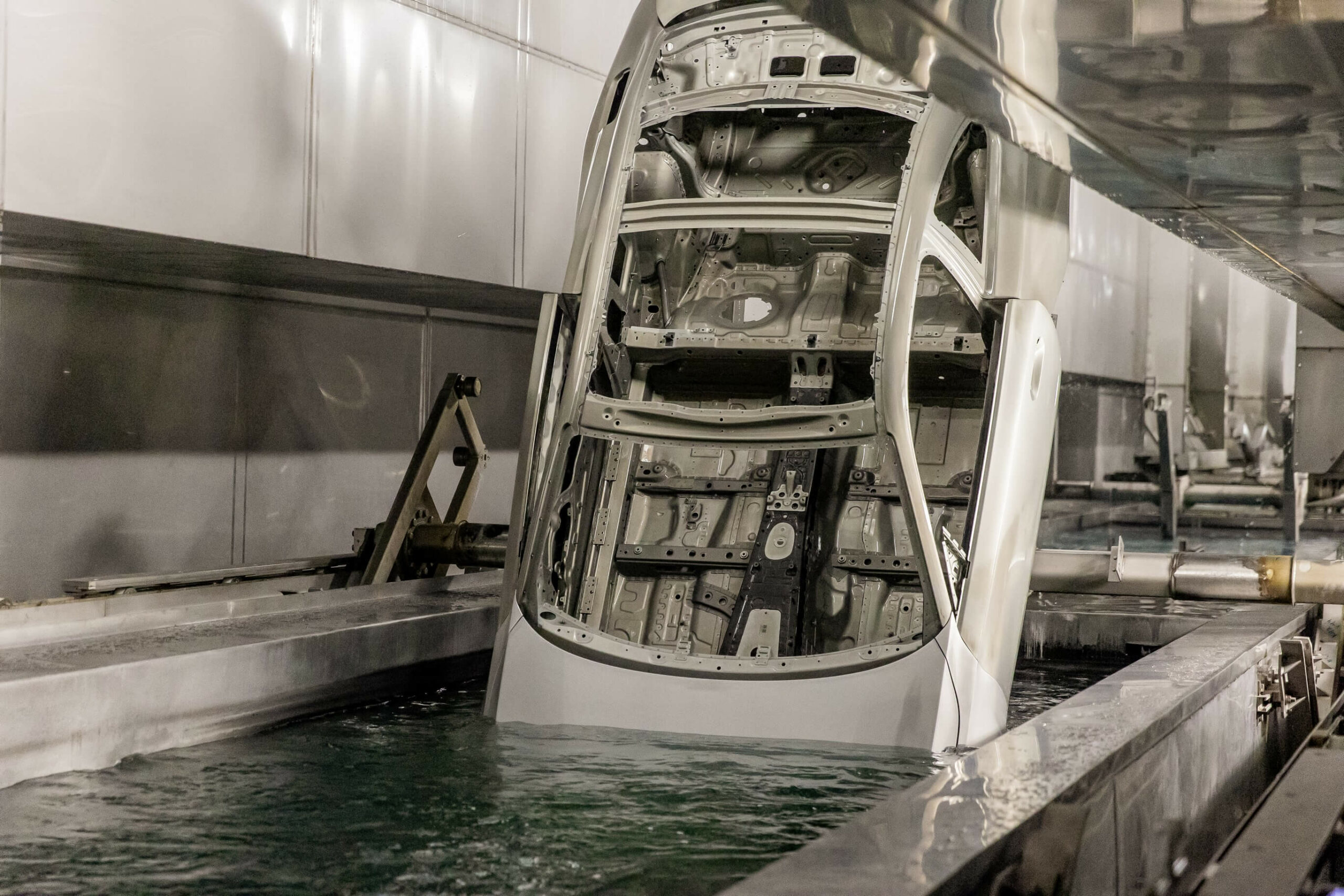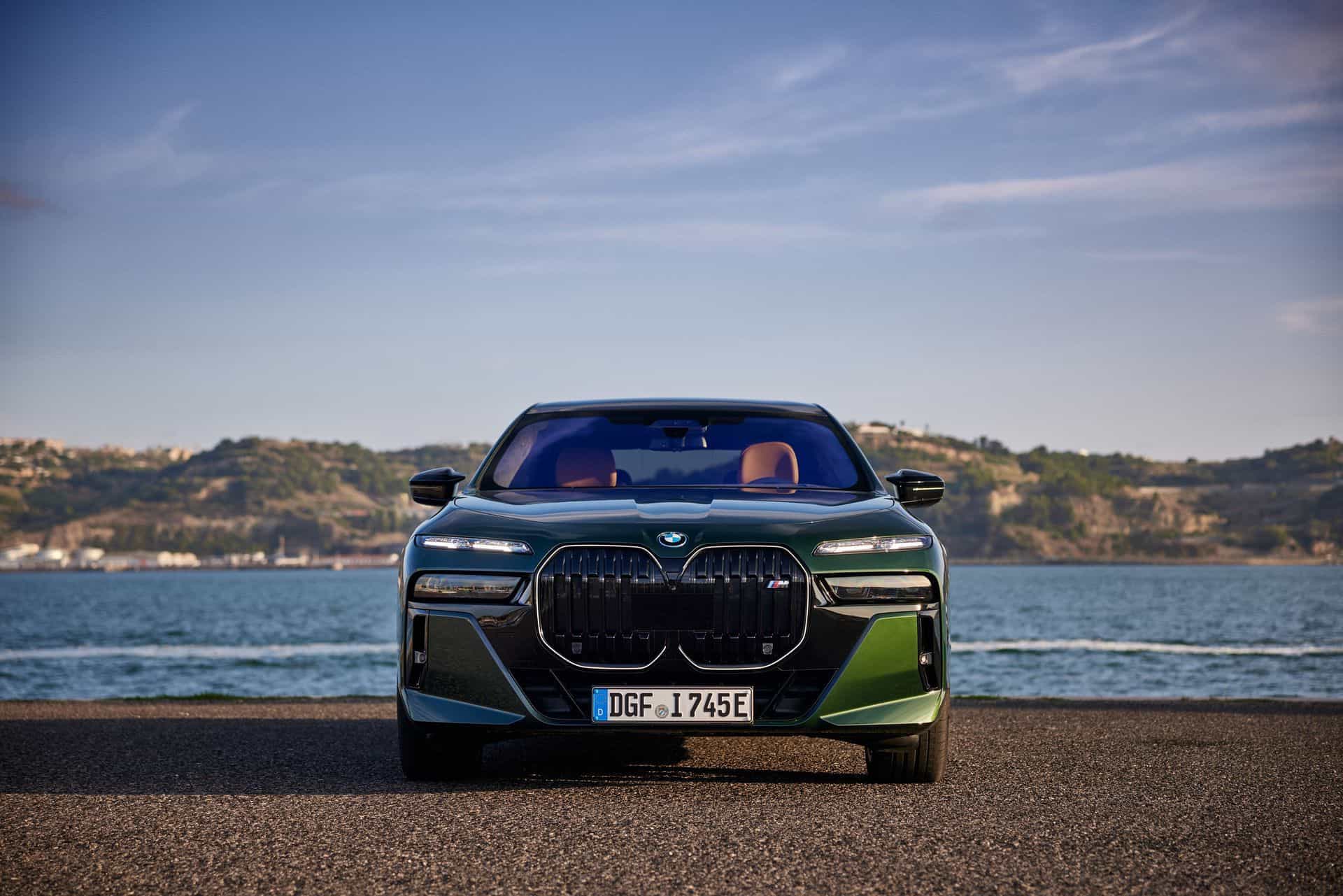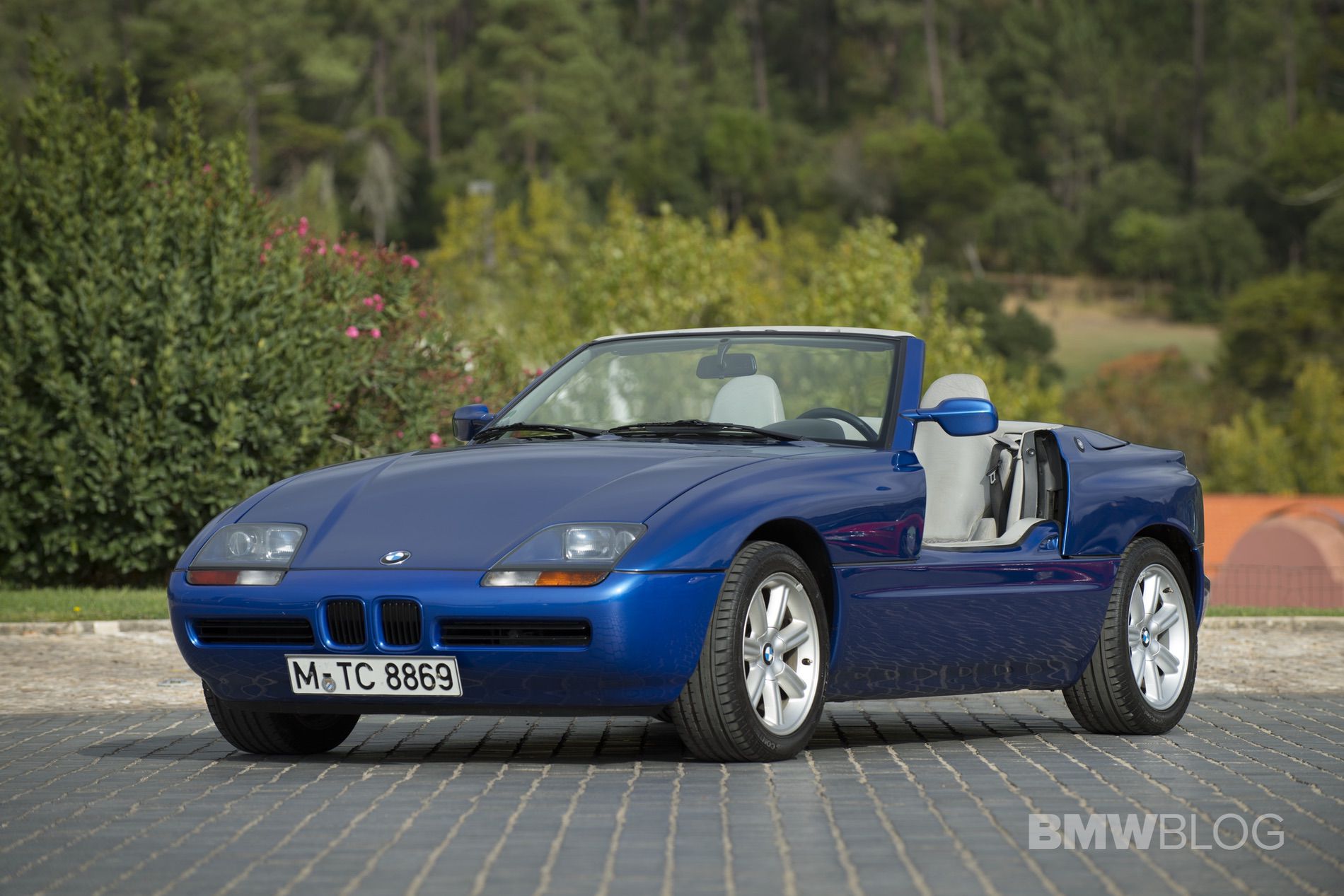As the U.S. auto industry scrambles to absorb the impact of sweeping tariffs, the Trump administration confirmed Tuesday that it will take steps to ease some of the financial burden — but not eliminate it. While the existing 25% tariff on imported vehicles will remain in full force, the administration announced that tariffs will no longer “stack” with other levies, such as those on steel and aluminum. Automakers importing cars and parts will avoid being taxed twice on the same raw materials. A White House spokesperson confirmed that President Trump will sign an executive order later Tuesday formalizing the change.
Additional tariffs on imported auto parts, scheduled to take effect May 3, will still proceed. However, to cushion the blow, the administration will introduce a temporary reimbursement program: automakers will receive relief amounting to up to 3.75% of a new U.S.-built car’s value for one year, followed by 2.5% in the second year, before being phased out entirely. The relief measures come after intense lobbying from six major automotive industry groups, who warned that layered tariffs could cripple suppliers and jeopardize U.S. production.
BMW Moved to Shield Customers — for Now
Among the foreign automakers especially vulnerable to the tariffs is BMW, whose U.S. portfolio includes vehicles assembled in both Germany and Mexico. Last month, BMW took preemptive action to soften the immediate blow for American customers. In a statement, the company announced it would freeze the MSRPs of vehicles built at its San Luis Potosí, Mexico plant — including the BMW 3 Series, 2 Series Coupe, and high-performance M2 — through May 1, 2025. After that date, BMW plans to raise prices by 4% on the 2 Series Coupe and M2, a move designed to partially offset the cost of the new tariffs.
For now, no price increase has been announced for the Mexico-built 3 Series, although BMW warned that further adjustments are possible depending on how the trade situation evolves. More concerning is BMW’s silence regarding its German-built vehicles, such as certain 3 Series trims, the i4, and the iX — all exported directly from Germany to the U.S.
Despite Tuesday’s executive action, the auto industry is far from clear of danger. With tariffs still weighing heavily on imported cars and parts, and temporary relief measures offering only a short reprieve, automakers — and consumers — are bracing for higher prices and greater volatility throughout the remainder of 2025.

























































